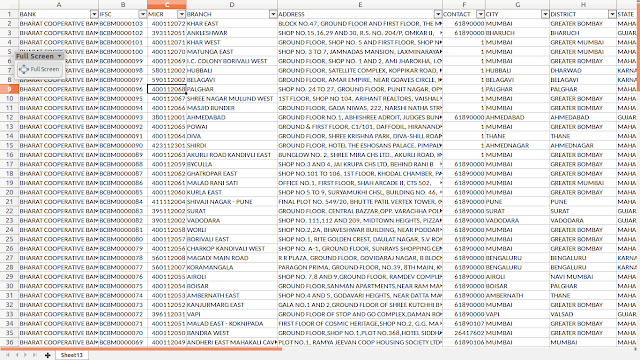Cloud Services Comparison: Google Cloud, Azure, and AWS
Cloud Services Comparison: Google Cloud, Azure, and AWS
Cloud computing has become essential for developers, businesses, and tech enthusiasts who are looking to scale their applications, store data, or run advanced services like AI/ML. In this post, we’ll compare Google Cloud, Microsoft Azure, and Amazon Web Services (AWS) — the three leading cloud providers — and highlight equivalent services for computing, storage, AI/ML, databases, and more.
Introduction to Cloud Providers
Google Cloud, Microsoft Azure, and Amazon Web Services (AWS) are the giants of the cloud industry. Each platform offers a unique set of services that cater to a wide variety of use cases, including storage, virtual machines, databases, machine learning, and more. Choosing the right cloud platform for your needs depends on various factors, including cost, scalability, and available features.
Comparison of Cloud Services
1. Compute Services
| Service | Google Cloud | Azure | AWS |
|---|---|---|---|
| Compute Instances | Compute Engine | Virtual Machines | EC2 |
| Managed Kubernetes | Google Kubernetes Engine (GKE) | Azure Kubernetes Service (AKS) | Elastic Kubernetes Service (EKS) |
| App Hosting | App Engine | App Service | Elastic Beanstalk |
| Serverless Compute | Cloud Functions, Cloud Run | Azure Functions, Logic Apps | Lambda |
2. Storage Services
| Service | Google Cloud | Azure | AWS |
|---|---|---|---|
| Object Storage | Cloud Storage | Blob Storage | S3 |
| Block Storage | Persistent Disks | Disk Storage | EBS |
| File Storage | Filestore | Azure Files | EFS |
3. Databases
| Service | Google Cloud | Azure | AWS |
|---|---|---|---|
| SQL Databases | Cloud SQL | Azure SQL Database | RDS (SQL Server, MySQL, PostgreSQL) |
| NoSQL Databases | Firestore, Bigtable | Cosmos DB | DynamoDB |
| Managed PostgreSQL | Cloud SQL (PostgreSQL) | Azure Database for PostgreSQL | RDS for PostgreSQL |
| Managed MySQL | Cloud SQL (MySQL) | Azure Database for MySQL | RDS for MySQL |
4. AI/ML Services
| Service | Google Cloud | Azure | AWS |
|---|---|---|---|
| AI/ML Platform | AI Platform, AutoML, Vertex AI | Azure Machine Learning, Cognitive Services | SageMaker |
| Natural Language Processing | Dialogflow | Azure Cognitive Services (Text Analytics, LUIS) | Amazon Comprehend |
| Image Recognition | Vision AI | Azure Computer Vision | Rekognition |
| Speech Recognition | Cloud Speech-to-Text | Azure Speech Service | Transcribe |
5. Workflow Automation
| Service | Google Cloud | Azure | AWS |
|---|---|---|---|
| Workflow Automation | Google Cloud Workflows | Logic Apps | Step Functions |
Key Takeaways: Choosing the Right Cloud Service
Google Cloud:
Known for its strength in big data analytics and machine learning with tools like BigQuery and Vertex AI. Excellent for serverless compute via Cloud Functions and Cloud Run. Google Kubernetes Engine (GKE) is a powerful solution for container orchestration.
Microsoft Azure:
A solid choice for enterprise-level applications with services like Azure Active Directory and Azure SQL Database. Azure Logic Apps is a go-to solution for creating automated workflows and integrating third-party services. Azure Machine Learning and Cognitive Services are ideal for developers building AI-powered applications.
AWS:
Known for scalability, reliability, and comprehensive service offerings. AWS Lambda for serverless computing and Step Functions for workflow automation are widely used by developers. A strong leader in cloud storage with S3 and EBS, and great support for databases like RDS and DynamoDB.
Conclusion
Each cloud provider - Google Cloud, Azure, and AWS - offers a rich set of services, each with its strengths. Whether you’re building AI models, automating workflows, or scaling applications, there’s a cloud provider that fits your needs. Be sure to evaluate your specific requirements, such as performance, ease of integration, and pricing, before deciding which platform to use.

Comments
Post a Comment